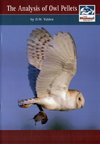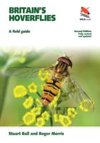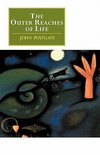
-
 Anglický jazyk
Anglický jazyk
Biochemical manifestations of cucurbits against melonfly infestation
Autor: Siddanakoppalu N. Pramod
Melon fly is one of the serious pest worldwide infesting cucurbitaceous fruits inducing considerable damage resulting insufficient growth and economical loss. It is known that, melon fly infestation among cucurbitae fruits varies considerably. Melon fly... Viac o knihe
Na objednávku, dodanie 2-4 týždne
66.60 €
bežná cena: 74.00 €
O knihe
Melon fly is one of the serious pest worldwide infesting cucurbitaceous fruits inducing considerable damage resulting insufficient growth and economical loss. It is known that, melon fly infestation among cucurbitae fruits varies considerably. Melon fly infestation induces cellular oxidative damage which is defended by increased antioxidant potential in infected fruits. The resistance provided is linked with increased antioxidant potential and phenyl proponoid pathway (PPP) enzyme expression involved in lignin synthesis, which oppose cellular damage and melon fly development and infection. The increased lignin synthesis in the outer cell wall thickens the cell and forms a protective barrier for insect larva to infest. The larva fails to infest and will starve and die due to under nutrition. Lectins like proteins are expressed in infected fruits and are known to possess defensive larvicidal functions. Lectin expressed from the infected fruit tissues of cucurbits secretes latex and defend the melon fly larval infestation and provide resistance. The antioxidant, Lignin and lectin molecules are produces as defense response in cucurbit fruits that resist the melon fly infestation.
- Vydavateľstvo: LAP LAMBERT Academic Publishing
- Rok vydania: 2019
- Formát: Paperback
- Rozmer: 220 x 150 mm
- Jazyk: Anglický jazyk
- ISBN: 9786139448814












